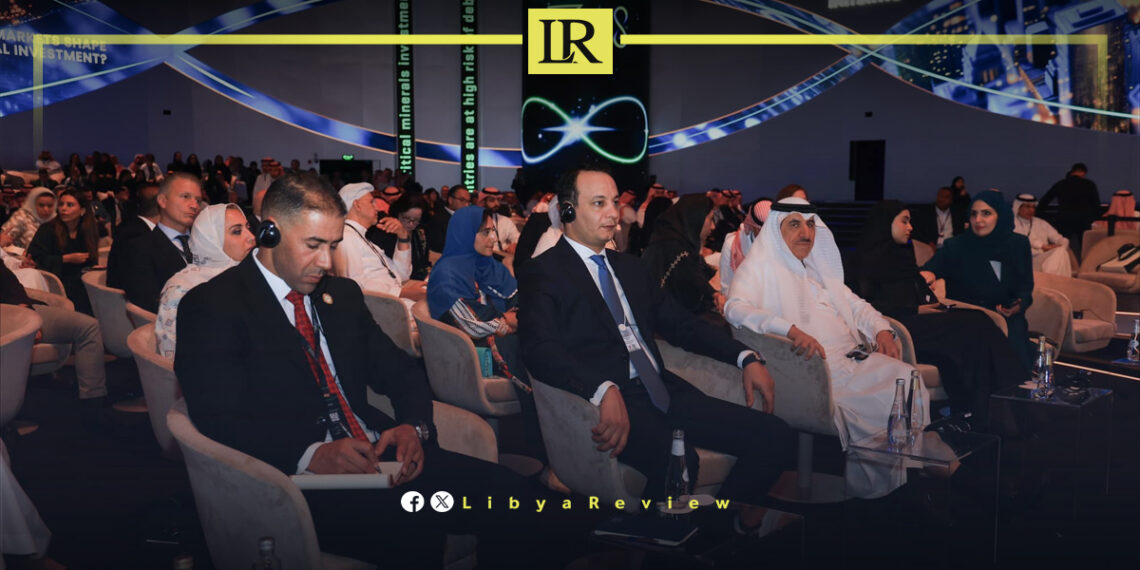On Wednesday, the Director-General of the Libyan Development and Reconstruction Fund, Belgassim Haftar, participated in the 8th edition of the Future Investment Initiative (FII) held in Riyadh, Saudi Arabia.
The event brought together leaders from governments, financial institutions, and global corporations, with representatives from 146 countries attending.
Haftar, along with his delegation, took part in the opening sessions and discussions focused on investment opportunities, economic cooperation, and sustainable development. During the conference, he met with Richard Attias, Executive Director of the FII, along with other international officials, business leaders, and executives from major institutions participating in the event.
On the sidelines of the conference, the Libyan official also held a meeting with Saudi Finance Minister Mohammed bin Abdullah Al-Jadaan, reflecting efforts to boost economic cooperation between Libya and Saudi Arabia.
The Future Investment Initiative (FII), often referred to as “Davos in the Desert,” has become a key event for global discussions on investment, innovation, and economic transformation. It provides a platform where heads of state, ministers, and business leaders explore emerging trends in fields like artificial intelligence, renewable energy, fintech, and sustainable development.
Saudi Arabia, under the framework of its Vision 2030 strategy, aims to diversify its economy beyond oil and establish itself as a hub for global innovation and finance. This year’s conference emphasizes the importance of global partnerships in shaping the future of industries and addressing pressing global challenges.
Libya’s participation in the FII reflects its commitment to attracting foreign investment and rebuilding its economy after years of conflict. The Development and Reconstruction Fund, headed by Belgassim Khalifa, plays a central role in restoring infrastructure and promoting sustainable development across the country.
As Libya works to revive its infrastructure and improve public services, it is leveraging events like the FII to explore new partnerships. Investment in sectors such as energy, housing, and public infrastructure will be essential for rebuilding cities and stabilizing the economy.
The Libyan Development and Reconstruction Fund was established to coordinate rebuilding efforts and promote long-term growth in the wake of political instability. It focuses on infrastructure development, including roads, housing projects, and power systems, and works closely with both domestic and international partners to implement these projects.


